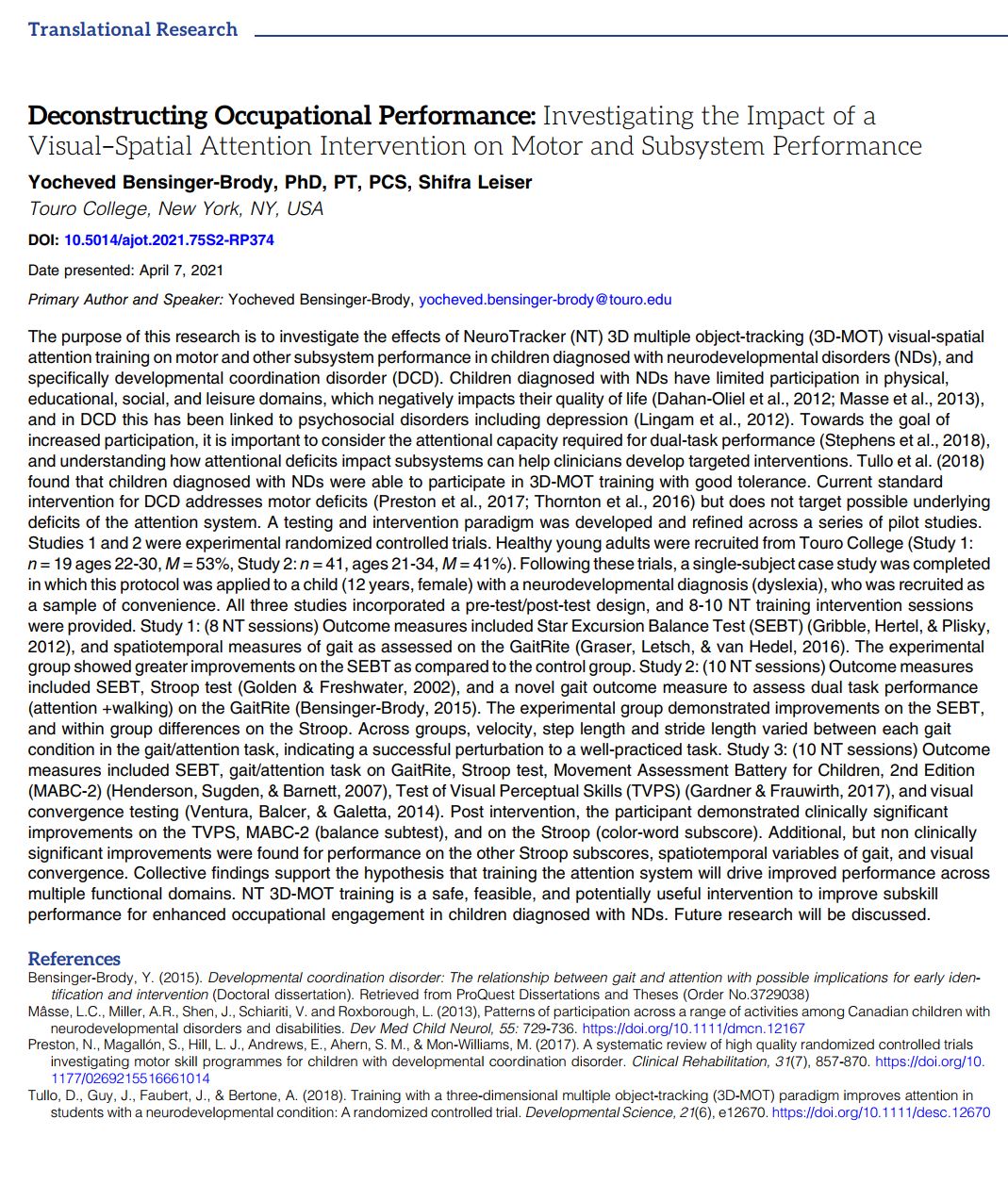Welcome to the Research and Strategy Services at in today's fast-paced.


From industry based skill-specific training to developing technical abilities in military or medical roles, getting individuals to perform to the correct standard whenever and wherever needed is a major challenge.
To this end, important jobs often require complex and costly training programs such as advanced simulations and VR environments. Although much time and resources are invested into these programs, there is generally a one shoe fits all approach. Consequently, the effectiveness of preparing people for real-world performance varies greatly from one individual to another. There is a very real need to ensure training programs match individual needs, and also to focus costly programs onto those who are most likely to respond well to training. Lastly, the actual ability to train should be enhanced so that progression through programs can be accelerated, and the benefits enhanced.
These challenges bring the need for qualitative and objective assessments that can determine not just if an individual is ready to train, but also how well they can adapt to training. The latest neuroscience developments in cognitive assessment can provide this. What’s more, the same tools can also improve any person’s ability to benefit from training. NeuroTracker is working with industry leaders who have huge training needs and costs. We have been implementing NeuroTracker as an augmented training tool which can provide real solutions in ways that are not only impactful, but also practical, customizable, and very economical.
Using NeuroTracker’s unique 3D multiple object tracking assessment, measures of high-level cognitive functions can be achieved within 6-18 minutes of testing. These have been established in the scientific literature to correlate strongly with broad human performance and learning capabilities. An initial NeuroTracker baseline also provides indicators of high-level brain functions such as executive function, working memory, several forms of attention, and mental processing speed. Furthermore, with a second level of assessment over 30 to 60 minutes of distributed training, cognitive adaptability can be assessed – measuring how effectively an individual can actually learn new tasks. In fact, because NeuroTracker is void of practice related effects, a strong improvement curve is associated with high neuroplasticity - a general ability for the brain to rewire its neural functions to respond to new learning challenges.
With minimal time investment and a test which takes less than one of instruction to engage in, companies are accessing powerful insights into the minds of their employees. This allows them to better identify those who are most ready to engage in and respond well to training programs.
Although there are many training programs are sophisticated and generally effective, they are commonly focused on isolated abilities, rather than combined abilities that are typically faced in real-world scenarios. Consequently, they rarely predict how well those trained will deal with the pressures and unpredictably of real-world circumstances. For this reason, NeuroTracker is also integrated directly into training programs to provide a multi-tasking component and add cognitive load to simulate real-world demands at a mental level.
When performing training tasks and NeuroTracking simultaneously, drops in NeuroTracker performance accurately reveal weaknesses an individual’s ability to perform the training program under pressure. This indicates that the individual is not ready to apply their trained skills when faced with added cognitive load, revealing a lack of robustness in their trained ability, and a risk for under-performing in real-world situations. Individuals identified as at risk can then be retrained until they reach a reliable level of readiness, thus avoiding costs associated with performance problems and critical errors in real-world situations.
All learning related training relies on the brain’s neuroplasticity, whereby neural reorganization allows an individual to physically adapt to new challenges. Furthermore, the ability to respond to challenging training programs relies on the high-level cognitive functions which NeuroTracker training has been shown to improve, both robustly and rapidly. Deemed in the literature as a gold standard cognitive enhancer, multiple peer-reviewed studies demonstrate that NeuroTracker interventions of just 1-3 hours of distributed training provide an unprecedented rate of transfer. Additionally, qEEG brain scans reveal wide increases in brain wave speeds associated with heightened states of neuroplasticity. These sustained neurophysiological changes in brain activity have been seen to produce similar effects to pharmaceutical interventions such as a Ritalin.
A short NeuroTracker intervention during the early stages of training programs is being used to effectively enhance the rate at which individuals learn and adapt, as well as heighten their ceiling for skills proficiency. This saves both time and money, tangibly improving outcomes for any demanding training programs.
As we approach 2020, companies in almost all domains are experiencing the demands of performing in new and more sophisticated environments. With the rise of information technology job roles are changing rapidly, becoming more complex and necessitating greater accountability per individual. Training needs to evolve to meet these challenges. Neuroscience innovation is providing real solutions for optimizing new and existing programs on several levels. Organizations which adopt these first are likely to secure a competitive advantage in their markets, allowing them to forge the way as industry leaders in a world where enhanced cognition is pivotal.








Welcome to the Research and Strategy Services at in today's fast-paced.

Standardized testing environments combine predefined formats and time limits that narrow how knowledge can be expressed. This interpretive guide help to distinguish structural constraint from reduced cognitive capacity.

Divided attention demands can alter performance through multiple processing streams rather than reducing cognitive capacity. This article interprets how to distinguish structural allocation from diminished ability under environmental constraint.

Reduced action range can alter performance by narrowing what can be physically or perceptually executed rather than diminishing cognitive ability. This article interprets how to distinguishing structural boundaries from capacity limitation.
.png)